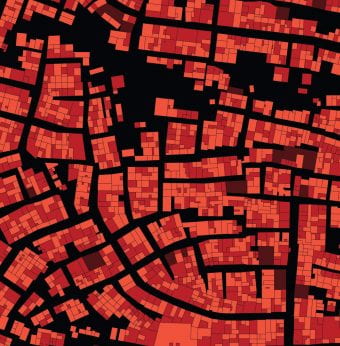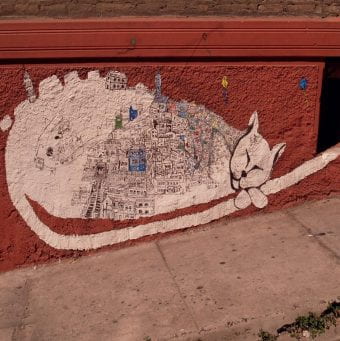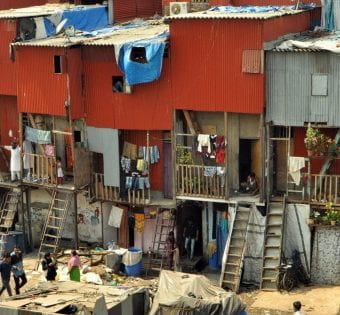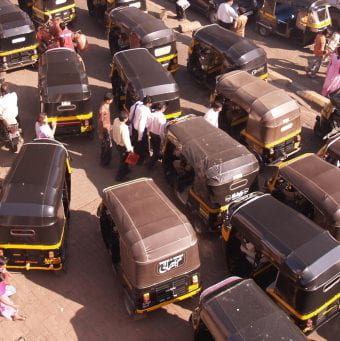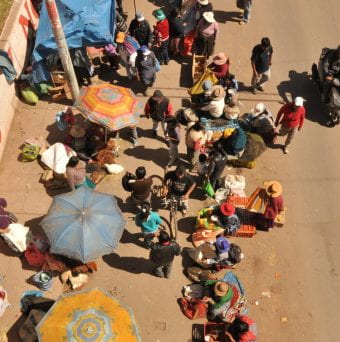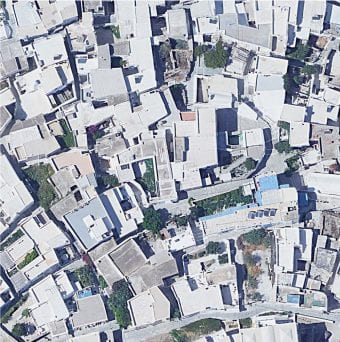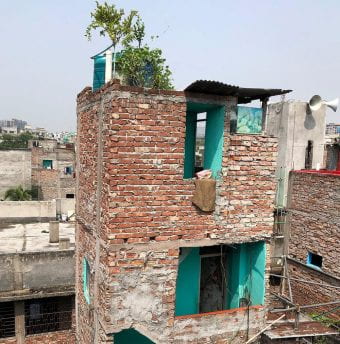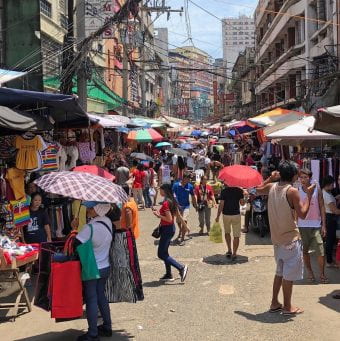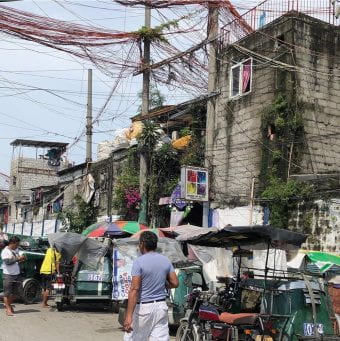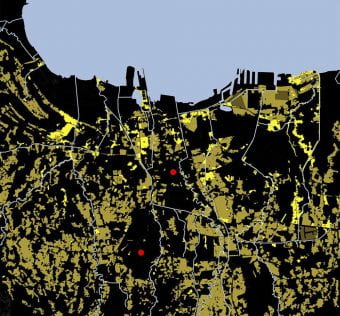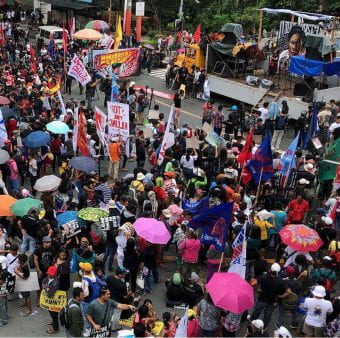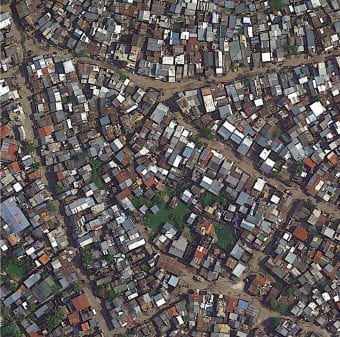InfUr-
The Informal Urbanism Research Hub at the Melbourne School of Design
InfUr- is an assemblage of researchers and projects focused on the role of urban informality in the creative production of cities of both the Global South and North.
This includes the many ways urban informality intersects with formal urban systems, and a better understanding of the logic and resilient capacities embodied in self-organised urbanism. The Hub embodies a shared interest in how power is practised as a form of self-organisation, and in the struggles of marginalised populations to assert their right to the city.
The built environment disciplines and professions have traditionally focused on the formally authorised frameworks through which the city is planned, designed, constructed and governed. Yet all cities are produced by both formal and informal practices. Informal urbanism is not necessarily illegal, rather it is self-organised. It is not separate from but intersects with the formal structures of state regulation and control, often in reaction to practices of displacement, marginalisation and exclusion.
The InfUr- acronym evokes the ways informal urbanism infuses the formal city and often infuriates the state. Informal urbanism is the original or Ur-form of the city and of citizenship – it puts the Ur back into urbanism.
Co-Directors: Kim Dovey, Crystal Legacy, Patrick Cobbinah, and Ashraful Alam
-
Nature-based solutions for the climate-biodiversity nexus in cities—InfUr seminar with Judy Bush
This seminar was recorded on Thursday 14th August 2025. Abstract: Do snakes and possums (and other biodiversity) belong in the city? Are they the ‘undocumented’ residents of our urban streets, parks, waterways and houses? What does it mean to extend an environmental justice lens to account for the needs of nature? And how can we […]
-
In search of a South-to-South Dialogue: From Smart Urbanism to Infrastructure of Oppression/Aspiration—Tooran Alizadeh seminar with InfUr
This presentation took place on Thursday 13th November 2025 with Tooran Alizadeh. Abstract: In this talk, Prof. Tooran Alizadeh takes us through a journey of her research in search of a South-to-South dialogue – from smart urbanism to an intersectional approach towards data centres as material infrastructure of oppression/aspiration(?) in the digital age. Tooran Alizadeh […]
-
Slum-Free Cities or Community Struggles: Decoding Odisha’s JAGA Story
Abstract: In Indian and South Asian cities, there is a strong policy push to create “world-class”, slum-free urban centres while improving the “ease of doing business”. This has driven neoliberal policy interventions through public-private partnership in housing, infrastructure, land titling and transport. Within India’s federal democratic framework, provincial governments have adopted varied approaches to these […]
-
Urban Microclimates and Climate Adaptation: Rethinking Resilience in the Global South
This presentation took place on Tuesday 9th September 2025 with Tania Sharmin. Abstract: As climate change accelerates, cities in the Global South face intensifying challenges linked to extreme heat, rapid urbanisation, and socio-economic vulnerability. This talk explores how urban planning and design can support climate resilience by addressing the complex interrelations between built form, microclimate, […]
-
Between ‘Here’ and ‘There’: An ethnographic exploration of migrant women’s experience of place as mediated through social media—PhD Completion seminar
Abstract: Migration and digital technologies are increasingly intertwined, shaping the contemporary urban experience. As digital connectivity expands and transnational mobility grows, the boundaries between places and communities become less distinct, transforming how urban spaces are perceived, navigated, and co-produced. Drawing on mobile ethnographies, including walking interviews and social media ethnography, this research explores how ubiquitous social […]
-
The Spatial Logic of Informal Urbanism (Book Launch)-InfUr seminar
This presentation took place on Wednesday 21st May 2025 with Kim Dovey and Reden Recio. This presentation marks the publication of a book that grounds an understanding of global South cities in the ways informal urbanism works to sustain livelihoods. It reveals the interrelations and synergies between informal street vending, transport and settlement, and between these modes […]
-
The emergence of public space through informal settlement: a morphogenic study of three self-made neighbourhoods in Southern Africa—PhD completion seminar
Abstract: The research is about public space in informal settlements and draws from three main subject areas that have informed the research questions and subsequent methods: Urban public space, urban informal settlement and urban morphology. The thesis explores the relationship between two themes to better understand the emergence of public space through informal settlement. Firstly, […]
-
Mobility freedoms: Conceptions of freedom in contestations over urban transport—Ian Loader seminar with InfUr
This presentation took place on Thursday 10th April 2025 with Ian Loader. Abstract: The link between urban transport and freedom has long been recognized in transport and mobilities literature. Recent controversies over initiatives to reduce car use within urban areas are drawing renewed attention to those links. This paper uses conceptualisations of freedom from across […]
